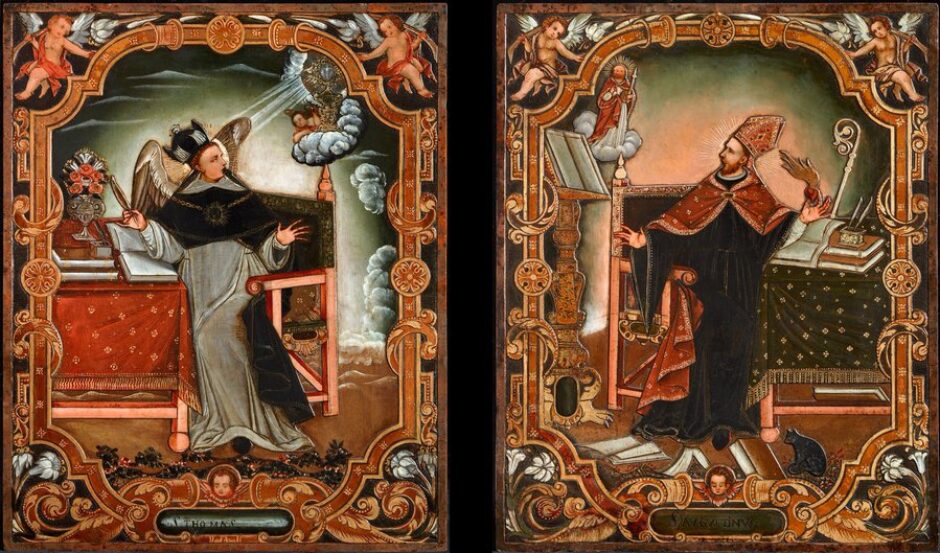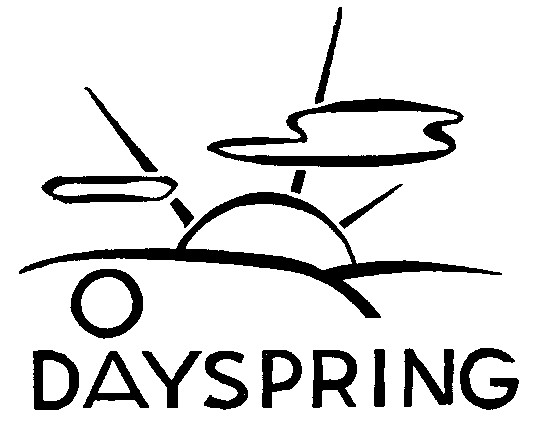Long-time readers of WDTPRS have read my constant reference to The New York Times as "Hell’s Bible". Over the top? I don’t think so.
I pick up a little support for that nickname from a fascinating column by Kenneth Woodward in, of all places, Commonweal. No fan of Commonweal I, I nevertheless think this column is a home run. You should read it carefully.
In his piece entitle "The Church of the Times", Mr. Woodward makes a well-argued comparision of the NYT and the Catholic Church, showing how they hold to parallel and rival religions. Thought-provoking fare.
A quote or two with my emphases:
Again like the Church of Rome, the Times exercises a powerful magisterium or teaching authority through its editorial board. There is no issue, local or global, on which these (usually anonymous) writers do not pronounce with a papal-like editorial “we.” Like the Vatican’s Congregation for the Doctrine of the Faith, the editorial board is there to defend received truth as well as advance the paper’s political, social, and cultural agendas. One can no more imagine a Times editorial opposing any form of abortion—to take just one of that magisterium’s articles of faith—than imagine a papal encyclical in favor.
The Times, of course, does not claim to speak infallibly in its judgments on current events. (Neither does the pope.) But to the truly orthodox believers in the Times, its editorials carry the burden of liberal holy writ. As the paper’s first and most acute public editor, Daniel Okrent, once put it, the editorial page is “so thoroughly saturated in liberal theology that when it occasionally strays from that point of view the shocked yelps from the left overwhelm even the ceaseless rumble of disapproval from the right.” Okrent’s now famous column was published in 2004 under the headline “Is the New York Times a Liberal Newspaper?” and I will cite Okrent more than once because he, too, reached repeatedly for religious metaphors to describe the ambient culture of the paper.
And:
Why is it then, that the devout of any religion should find the newsroom culture of the Times (Okrent again) “a strange and forbidding world”?
For that we have to look at the family dynasty that made the Times the nation’s establishment newspaper. After seven years of researching the Ochs-Sulzberger clan, biographers Susan E. Tifft and her husband Alex S. Jones concluded that “it has become increasingly apparent that the family’s self-image as Jews has profoundly shaped the paper.” The story that Tifft and Jones tell in their extraordinary family biography The Trust is a narrative of social assimilation by the paper’s publishing clan, a determination not to espouse Jewish causes in its newspaper, and the family’s progressive ambivalence toward religion of any kind.
Much of this attitude was an understandable reaction to the pervasive and unapologetic anti-Semitism that characterized American culture at least until after World War II. And even today, of course, there is much criticism of the Times that smacks of The Protocols of the Elders of Zion, especially when it comes to the newspaper’s coverage of the Middle East. Still, the paper’s institutional suspicion of traditional religions, especially when they assert themselves in public affairs, makes Orthodox Jews as well as conservative Evangelicals and Catholics feel like barbarians at the gates. The most telling comment Tifft and Jones elicited in this regard was from the current publisher, Arthur Ochs “Pinch” Sulzberger Jr. He described his personal faith this way: “I have the Times. That’s my religion. That’s what I believe in, and it’s a hell of a thing to hold on to.”
Indeed… a "hell of a thing". But I do call that paper "Hell’s Bible", don’t I?
Woodward’s column is too long for a well-shaped blog entry, though a thorough fisking of this one would be a good project. There is a great deal in it to discuss, especially in reference to Hell’s Bible’s redredging of the clerical sexual abuse crisis.
But do go read the piece at Commonweal and come back to discuss it. It is worth your valuable time.
































When are Jews, esp. influential Jews like “Pinch,” going to realize that the liberalism they espouse and worship flows from the same headwaters as the National Socialist Party? Surely there must be a death wish at work here.
If only Catholics, Evangelicals and Orthodox Jews around the country-using this article as a springboard- began to request their library boards a) to cancel their subscription to the New York Times and b)stop submitting to its influence in their book buying decisions.
That paper is driving the culture of the entire country.
When I began to research why pro-homosexual books were showing up in the library of our little, mostly Christian town, I found it had to do with the fact that librarians as a whole are very attuned to what the NYT thinks about all moral and cultural issues.
Our little town, like most little towns, does not want to be a cultural backwater. What will rescue us from that fate? Why, the NYT obviously.
Plentiful use of terms like “extreme,” “evil,” “hell’s bible” would be very useful in any pushback campaign.
What is particularly sad about the NYTimes is the effort to dissemble its Jewish origins. Instead of making Judaism a known and admirable thing, this dissembling business, this ingenuousness merely provokes suspicion. One suspects that the Jewish owners of the paper are embarrassed to be Jews. They are embarrassed about their grandparents.
Lee’s point could be echoed for Ireland. In small town Ireland, the local ‘intelligentsia’ often look to ‘The Irish Times’/ aka the squirish mimes, to
‘rescue’ them from ‘provincialism’ – choosing to lick new doctrines and received opinions off that stone. A practice that confirms provincialism if you ask me.
Not surprising. The vast majority of Jews throughout the world, even in Israel, are secular and bourgeois liberal.
“In small town Ireland, the local ‘intelligentsia’ often look to ‘The Irish Times’/ aka the squirish mimes, to ‘rescue’ them from ‘provincialism’ – choosing to lick new doctrines and received opinions off that stone.”
The Irish Times – which is not connected with the New York variety – was up until the 60s a unionist organ of the privileged Protestant minority. It broke with that tradition under the more enlightened and much-missed Douglas Gageby but seems to have reverted in the interim to neo-colonial prejudices. Thankfully it is approaching bankruptcy…and good riddance.
And in Spain, we have El País. Its editorial line is openly and consistently hostile to the Christian Faith, the Church and to Spain’s episcopal conference in its editorials. It frequently references material from the NYT in its reporting too.